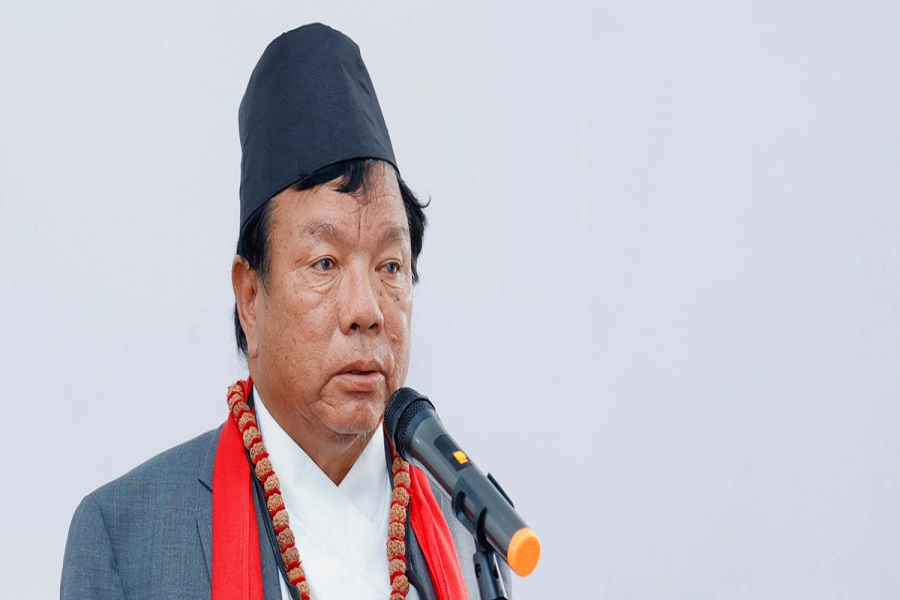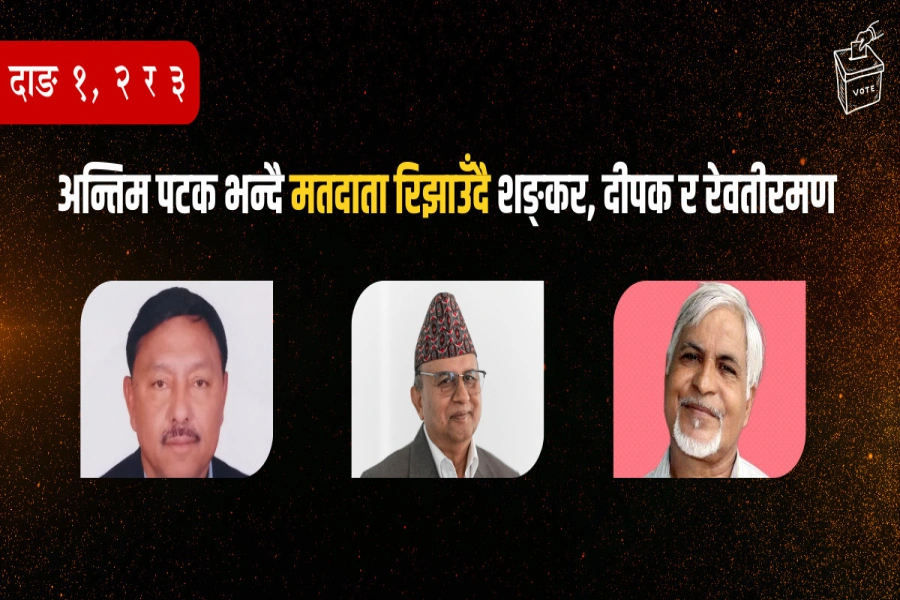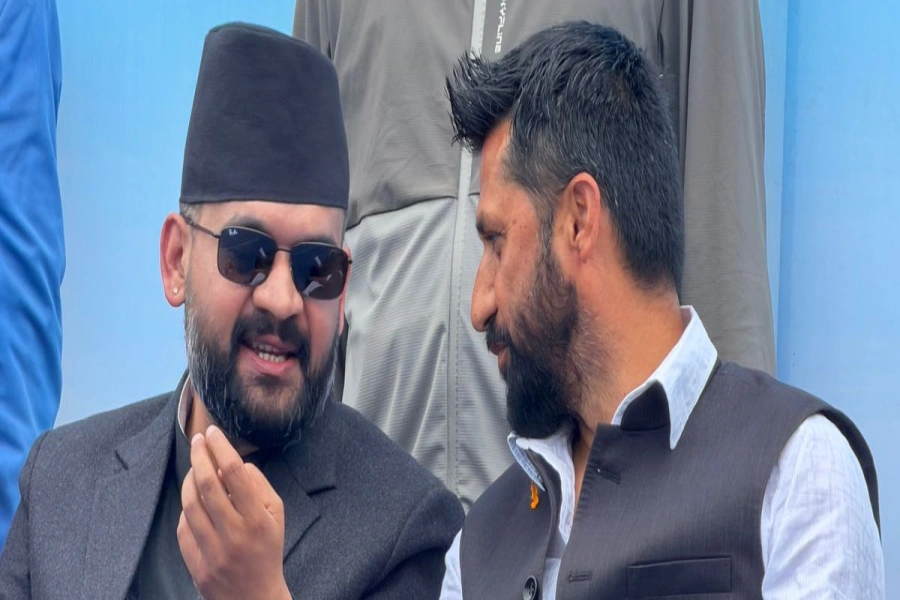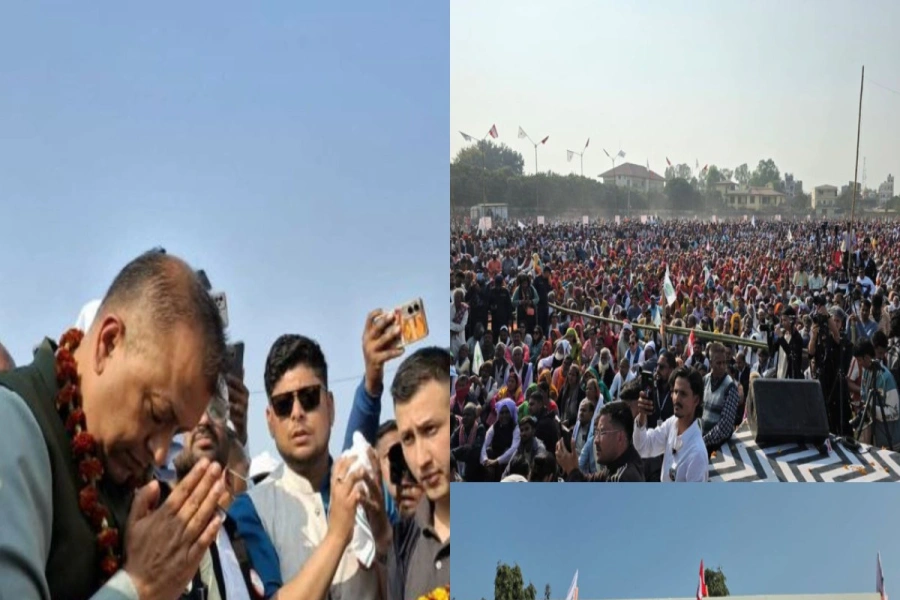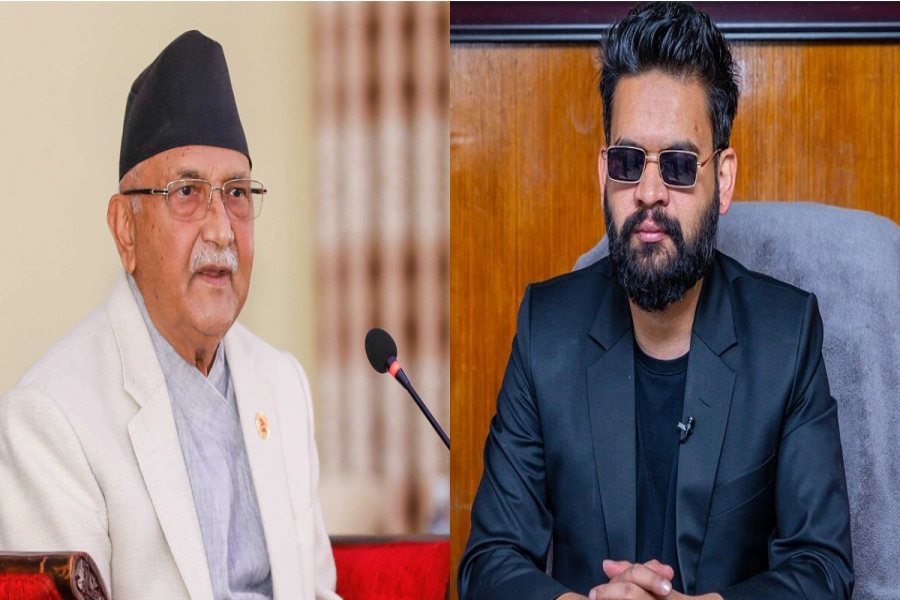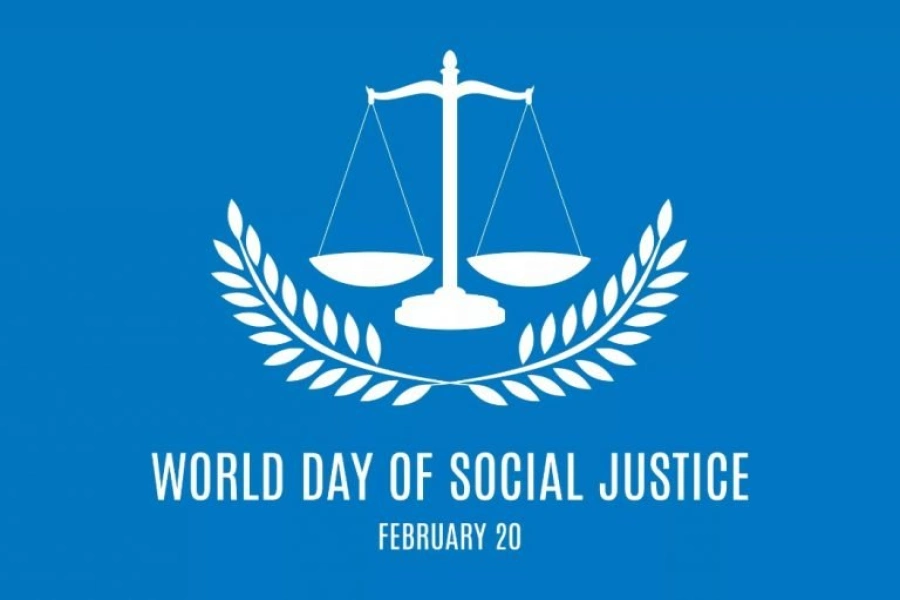As criticisms are pouring in from various sectors on the government for its failure in smooth service delivery and good governance, Prime Minister KP Sharma Oli has been seen to take some measures to hold his cabinet colleagues to account in recent months. To that end, he had his ministers sign performance agreements on July 31 directing them to complete certain tasks. Some of the performance agreements also clearly spelled the jobs and responsibilities of his ministers, ranging from seven to 20. He gave the impression that he was up to something and that he would no longer tolerate intransigence but ignored the fact that the performance agreement itself was flawed. Agreement papers signed with many of the ministers lacked specific job responsibility and the deadlines within which the ministers were to accomplish the assigned tasks. No wonder, hardly 20 percent of works assigned to the ministers under the work performance agreement are time-bound. Besides, just a month after those agreements were signed with the ministers, PM transferred as many as 16 secretaries, some of whom had already signed similar performance agreements with their respective ministers. It then seems that Prime Minister himself is not serious about getting his ministers perform.
It is not my fault!

Now the prime minister has expressed dissatisfaction over the performance of his cabinet ministers after most of them failed to show expected change in their working style as pledged in performance agreements. He expressed dissatisfaction after listening to the briefings from the secretaries of various ministries during a preliminary review meeting of work performance agreement at Baluwatar on Thursday. He demanded clarification from the line ministers for their failure in taking forward the works listed in the work performance agreement. He is also said to have warned to sack the ministers who do not make satisfactory progress in executing development projects. Nothing has changed since the performance agreement was signed with the ministers in July. As things stand, development expenditure by the government so far this fiscal year has remained the lowest in recent years. Most of the ministers have yet to start working on the tasks.
But the prime minister himself is to be blamed for this. The all-powerful PM has no liberty to point to bureaucracy, lack of laws etc. As we feared, the work performance agreement is turning out to be a ritual exercise. Even petty works of repairing the roads or filling the potholes are taking days. According to our recent report, it takes as many as 15 days to patch up a single pothole on the streets of Kathmandu. It is not difficult to see why the performance agreements have not been able to bear any fruits. First, the PM is not seen to be following up the performance of his ministers on a regular basis. The kind of review meeting that was conducted on Thursday should have been held in regular frequency. The prime minister seems powerless before some ministers. Minister for Physical Infrastructure and Transport Raghubir Mahaseth, for example, has stood in the way of reforms in transportation sector. He transferred the secretary who was working to dismantle transport syndicate immediately. The reckless way of repairing roads along Naubise-Nagdhunga section at this busy festive time under his watch has resulted in death of a kidney patient after being trapped in the longest traffic jam. The prime minister should be able to dismiss the non-performing ministers. What stops him from doing so? In the parliamentary system, prime minister is the leader of all ministers, and he has to be able to get to them to work for the people. When he fails to do that, he himself fails.
















